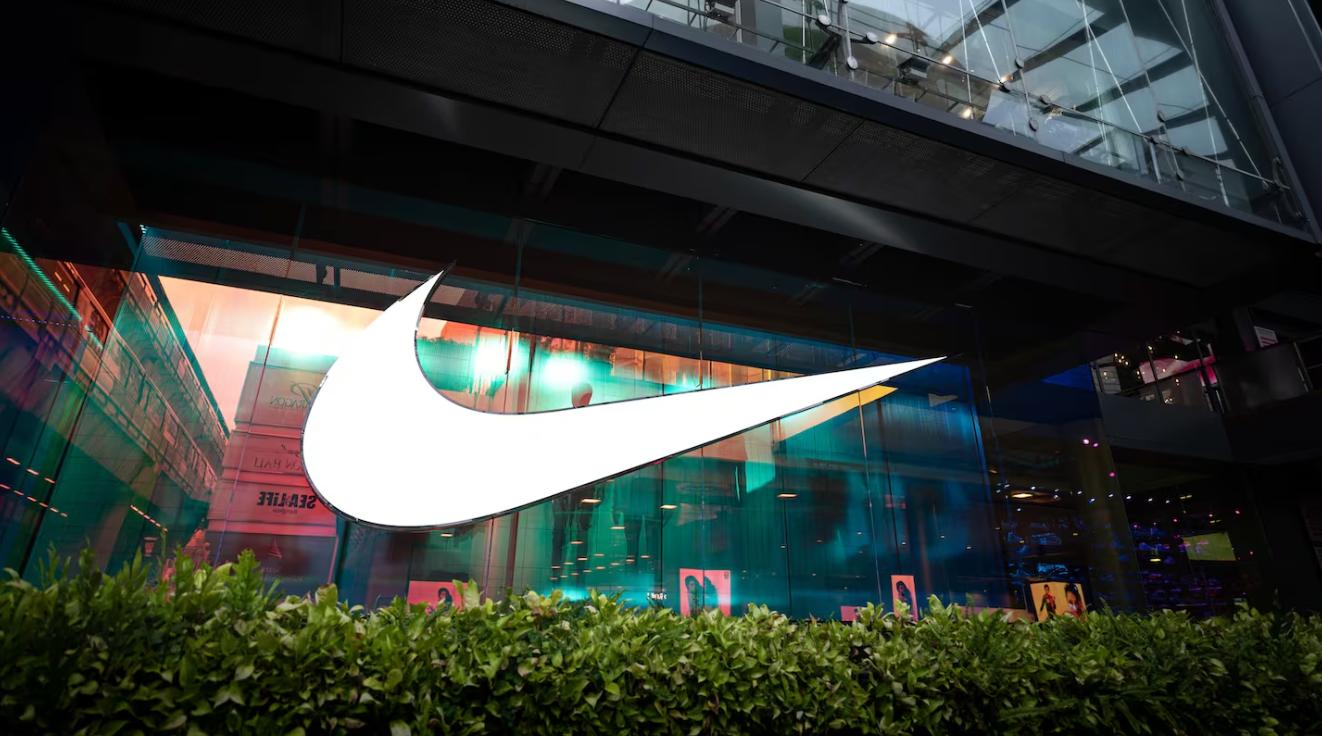
Nike, a world-renowned sports brand, has recently become the target of a class action lawsuit for suddenly closing its cryptocurrency asset department RTFKT. Many consumers who purchased Nike-themed NFTs and other related crypto assets said that they suffered serious economic losses after the closure of the department and demanded compensation from Nike.
It is reported that the lawsuit has been officially filed in the Brooklyn Federal Court in New York recently, and the case was initiated by Australian resident Jagdeep Cheema. The plaintiffs pointed out that Nike's decision to suddenly terminate the RTFKT business in December 2024 directly led to a sharp decline in market demand for its issued NFT products, and consumers who originally invested in these digital assets suffered heavy losses. In the complaint, the plaintiffs emphasized that if they knew in advance that these NFTs were considered unregistered securities, they would never buy the related assets at a high price, and might not even participate in the purchase at all. They accused Nike of major errors in information disclosure, misleading consumers, causing many investors to fall into trouble without preparation and eventually "losing their economic foothold."
However, Nike, headquartered in Beaverton, Oregon, has not yet made an official response to the lawsuit. At the same time, Phillip Kim, the lawyer representing the plaintiff, also declined to comment to the media on the details of the case. This lawsuit not only involves Nike, but also touches on a broader industry issue, namely the legal status of NFTs and other crypto assets. At present, there is no clear and unified legal standard in the United States on whether NFTs should be classified as securities. In recent years, with the rapid expansion of the NFT market, disputes and lawsuits surrounding its ownership have continued to increase, showing that this emerging market still has a huge gray area under the legal regulatory framework.
At the same time, the plaintiffs cited consumer protection laws in New York, California, Florida and Oregon in the lawsuit, demanding that Nike compensate for more than $5 million in economic losses. The amount of compensation has not yet been finalized, but the level of the case and the possible impact have attracted widespread attention in the industry. According to court documents, the case was officially registered as Cheema v. Nike, No. 25-02305, and the trial court was the United States District Court for the Eastern District of New York. The final direction and outcome of the case may become an important landmark event in clarifying the legal boundaries of the NFT market in the United States and even the world.
Finally, Nike officially acquired RTFKT, a hot digital creative company at the time, in December 2021. The company is known for its innovations in virtual fashion, crypto art, and game-related digital assets. Nike called it "a pioneer in integrating culture and games to create future collectibles." The acquisition of RTFKT is seen as an important step for Nike to lay out the metaverse and explore new business models for digital assets.
However, on December 2, 2024, Nike suddenly announced that it would completely close the RTFKT department on the same day. This decision caused shock and anger among a large number of NFT holders and crypto asset investors. Although Nike stated that the innovative spirit symbolized by RTFKT will continue to influence future creators and emerging projects, this statement is obviously not enough to quell consumer dissatisfaction and disappointment.
In summary, the incident of Nike being collectively sued once again exposed many problems in the crypto asset market in terms of legal supervision, consumer protection, and corporate responsibility awareness. Globally, emerging asset categories such as NFT have not yet formed a unified and clear legal definition, and companies must be more cautious and transparent when operating these high-risk innovative businesses. At the same time, investors also need to raise their risk awareness and fully realize the potential volatility and uncertainty that emerging asset markets may bring. The direction of this Nike case will not only affect the brand itself, but is also likely to have a profound impact on the future development model, legal environment and investor confidence of the entire NFT industry.

Amidst the global wave of technological transformation, artificial intelligence (AI) has become a key focus of competition among major tech giants.
Amidst the global wave of technological transformation, art…
In January 2026, the remarks by US Treasury Secretary Besse…
Less than three weeks into 2026, transatlantic trade relati…
On January 17, 2026, the Trump administration, under the pr…
When Musk set the goal of achieving a launch frequency of m…
A week after the largest nationwide protests in years, the …